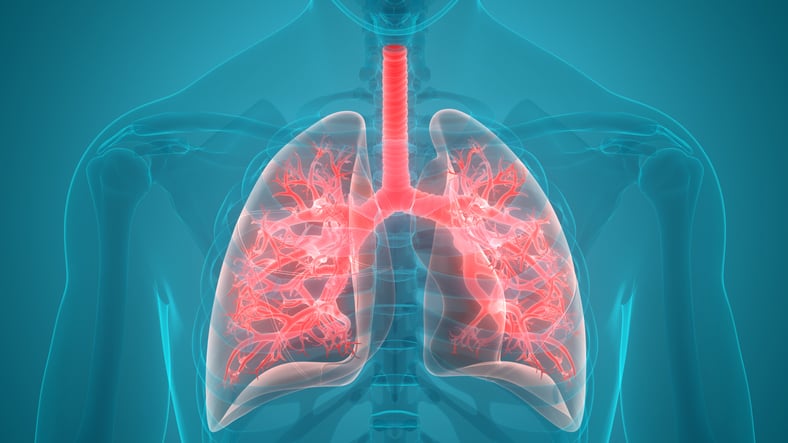Dietary factors may play a role in bladder cancer etiology through modulation of inflammation. The purpose of this study was to examine the relationship between the inflammatory potential of diet, as estimated by the Dietary Inflammatory Index (DII), and bladder cancer risk.
Energy-adjusted DII (E-DII) scores were computed among 101,721 participants in the Prostate, Lung, Colorectal, and Ovarian (PLCO) study. Hazard ratios (HRs) and 95% confidence intervals (CIs) were estimated using Cox regression analysis stratified by sex, with adjustment for smoking status and other confounding.
Over a median of 12.5 years of follow-up, 776 bladder cancer cases were diagnosed. E-DII scores were not associated with bladder cancer risk in the multivariable models. The HRs (95% CIs) in the highest compared with the lowest E-DII quintile were 0.90 (0.70-1.17) and 1.22 (0.72-2.06) for men and women, respectively. The associations did not differ when DII score was set as a continuous variable. The HRs (95% CIs) of one-unit increment in the E-DII for bladder cancer risk were 0.99 (0.96-1.02) and 1.01 (0.94-1.10) for men and women, respectively.
Our study does not support an association between inflammatory potential of diet, as estimated by the E-DII, and bladder cancer risk.
Dietary inflammatory index and bladder cancer risk: a prospective study.


